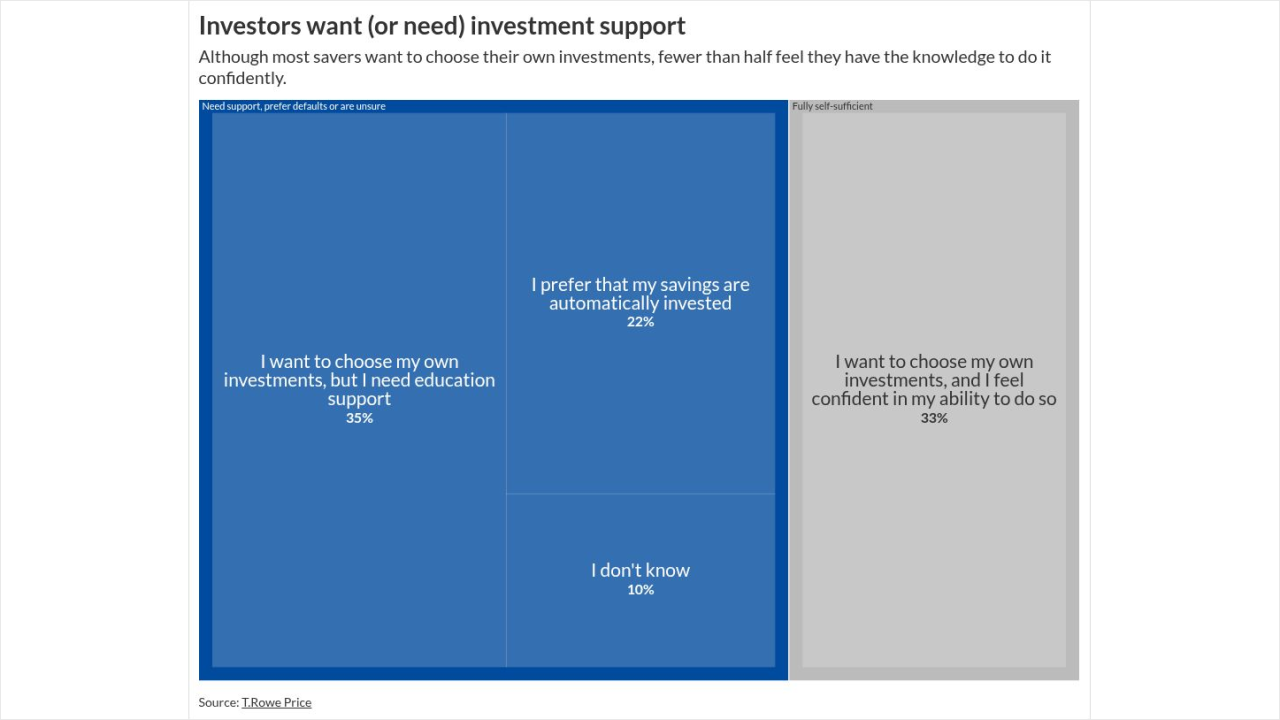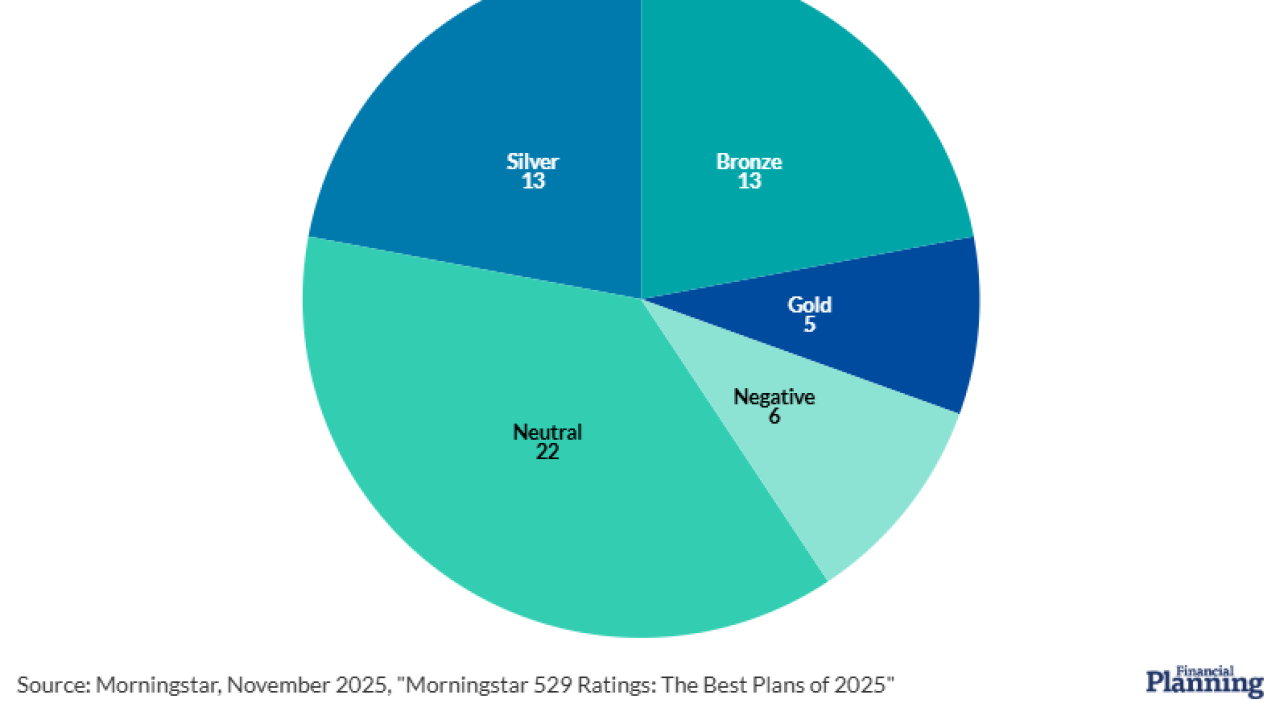With computers increasingly doing the bulk of the trading on Wall Street, correlation between asset classes have become more pronounced, says Lance Roberts, CEO of STA Wealth Management. It will only become more difficult for fund managers to create excess returns relative to their benchmark in the future. In this in-depth interview, Roberts discusses program trading, the latest technology and operations trends, and how managers can succeed in 2014.
Q: How does program trading threaten fund managers?
Program trading threatens value based fund managers who are trying to actively select stocks. When entire sectors of stocks are being bought or sold at one time the "value advantage" is masked by market activity.
Q: How should fund managers cope with rising correlation? How much is program trading to blame for this?
Fund managers are being forced to cope with highly correlated markets by focusing on relative versus absolute returns. In the majority of cases most mutual funds have become "closet index" funds.
Q: You have noted that cash is a drag on performance for most ETFs. How should managers approach cash and why?
Cash for mutual fund managers and ETFs is really nothing more than a hedge against market volatility. However, since most funds/ETFs are benchmarked against an index they should not actually hold cash as it will create underperformance relative their benchmark. However, if the ETF is an actively managed structure then cash could be tactically used to create additional outperformance during negative market trends.
Q: How has this changed over the past 10 years?
Over the last decade there have been a proliferation of ETFs tracking all sorts of markets and asset classes. For ETFs, holding cash isn't as important as the individual buying the ETF is using it for a specific need within their portfolio which may already contain significant cash balances.
However, mutual fund managers are a different story. In this case they may have a significant portion of a client's assets that they have been entrusted with. The manager is believed to be managing that portfolio in the best interest of the owner. However, the reality is that the manager is pushed to replicate a benchmark index, which may cause the manager to take on unnecessary risks that could lead to large principal destruction as seen in 2000 and 2008.
Q: Are do it yourself investors too cautious with cash?
In my opinion - no. Investors tend to be too aggressive with savings and take on substantially more investment risk than they realize with a time frame and resources that are extremely finite. This is why most investors perform so poorly over time.
Q: Investor demand is driving a move to alternative funds. Do you believe this is a wise move?
No, alternative funds consistently underperform. I believe investors should keep their portfolios simple in order to manage their inherent risk more effectively. More choices lead to more mistakes, poor allocation models, higher risks and an inability to effectively manage.
Q: How should money managers approach alts? Is it a fad?
Alternative investments continue to underperform due to high fees and costs and a lack of understanding by retail investors of how alternative investments are supposed to work within an allocation. Investment time frames are too short by retail investors who focus on how alternatives performed today rather than how it reduces correlation risk in a portfolio.
Q: What trends do you believe are overblown in the ETF space as these investment vehicles gain steam?
Creating more ETFs to fill more and more specialized, and leveraged, needs. This is always the case until issuance reaches saturation and the next major market reversion reveals the multitude of flaws within many of these ETF structures. The industry will quickly consolidate and the best of bread will surface.
Q: What do you see as being the biggest developments in technology in 2014 for mutual fund/ETF providers?
Trading is now happening at the speed of light and the difference between winning and losing in trades can be literally in milliseconds. Therefore, I think we will see continued increases in trading technology in 2014.
Q: What do you see as being the biggest developments in marketing in 2014 for mutual fund/ETF providers?
We are going to see more of a push to mobile apps. The investment world is drifting away from long form analysis and commentary to video and 140 character soundbites. While the investment world gets more complicated the big push will be to simplify the communication.
Q: What will be the biggest developments in operations?
Compliance with transparency and other regulatory requirements due to Frank-Dodd and the new Volker Rule will have the biggest impacts to operations.
Q: What are your top predictions for fund managers in 2014?
1) Push for lower fees.
2) Move to more "active" managed portfolios.
3) More products to cover more niche spaces.
4) Industry consolidation as weaker players get taken out.





